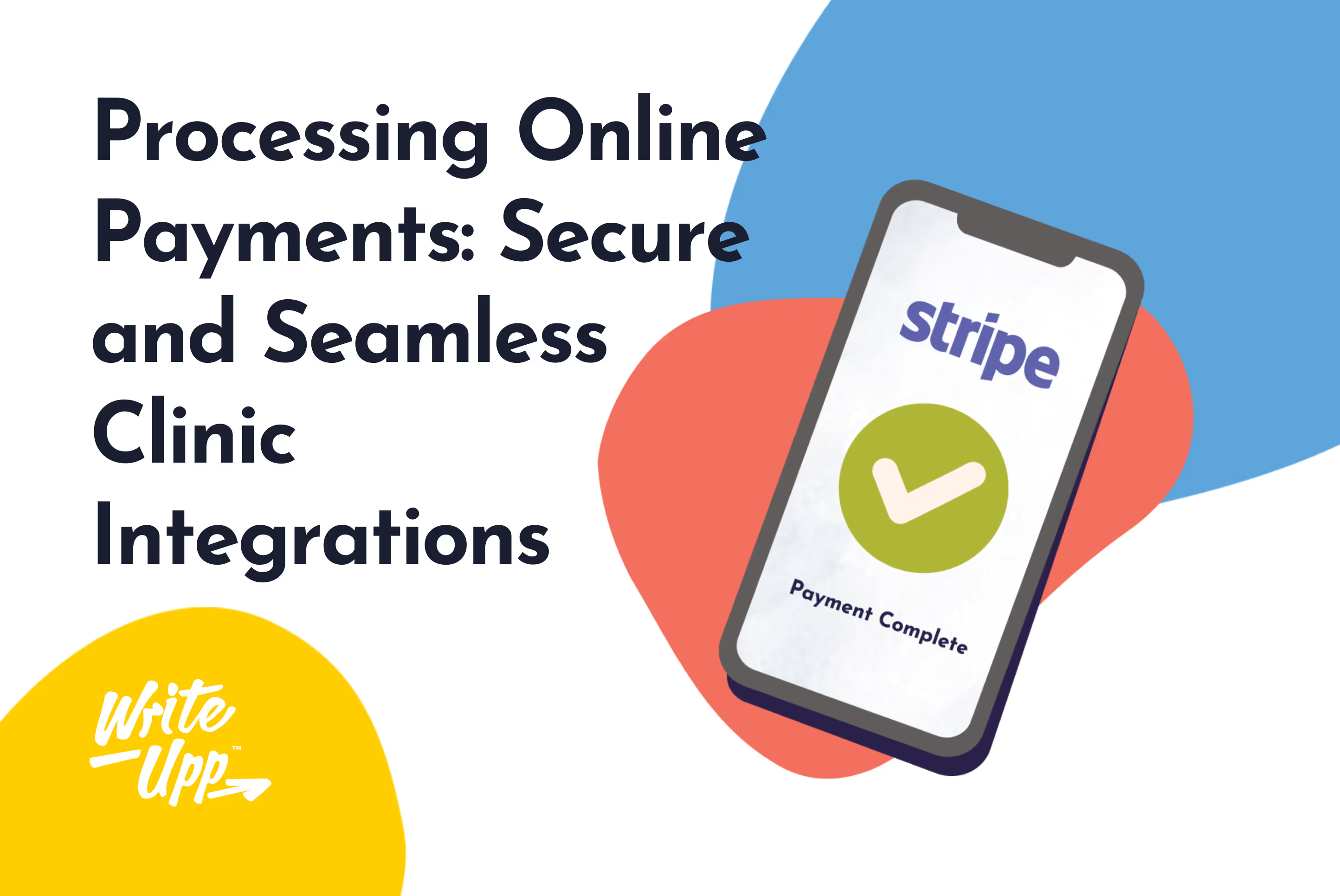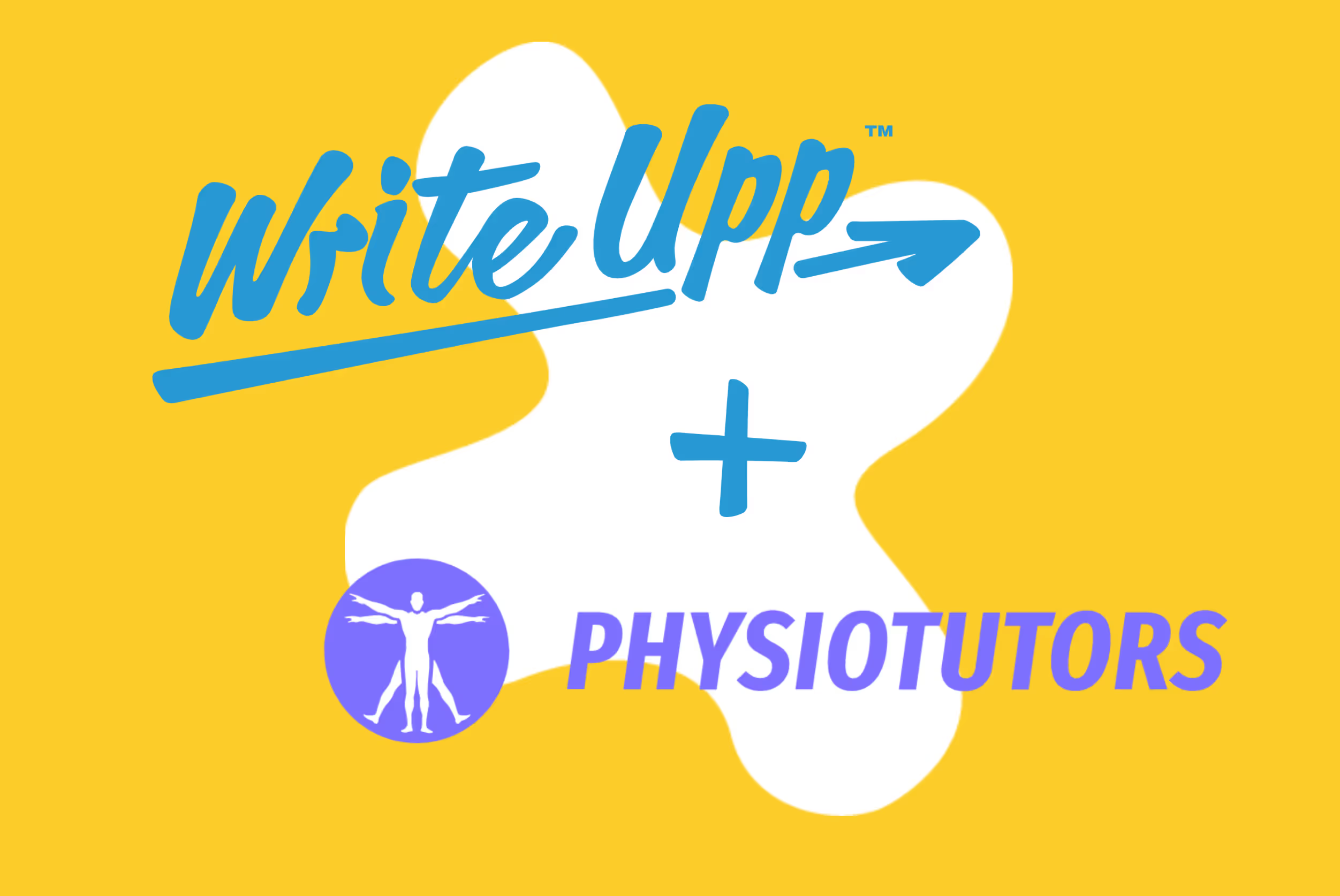Efficiency is crucial for the success of any business, and physical therapy clinics are no exception. With a high volume of patients and sometimes multiple therapists to schedule, it can be challenging to manage appointments and optimise the use of resources.
This is where advanced scheduling software comes into play, offering a range of benefits to maximise efficiency in physical therapy clinics.
Scheduling software offers physical therapy clinics the tools they need to optimise their operations and deliver high-quality patient care. By streamlining appointment booking, optimising resource allocation, automating reminders, and providing valuable insights, practice management software can help clinics maximise efficiency and ultimately improve their bottom line.
Technological advancements in healthcare management
With technological advancements in healthcare management, clinic management software has become more prevalent. This software helps streamline administrative tasks in physio practices, such as patient scheduling, billing, and document management. It allows for more efficient and organised operations, improving patient care.
One of the key features of practice management software is online booking. This allows patients to schedule their appointments online, saving time for the patient and the healthcare provider.
Practice management software often includes features like automated appointment reminders, which can help reduce no-shows and improve patient compliance with their treatment plans. By integrating patient records and billing information, healthcare providers can better understand their patient population and improve their overall practice management.
What is physical therapy appointment scheduling software?
Physical therapy appointment scheduling software makes it easier for clinics and individual therapists to manage their schedules. It lets users book, confirm, and remind patients of their appointments and keep patient records in one place. This software reduces admin work like managing calendars, allowing clinics to focus on patient care, which can lead to happier patients and better results.
Key features include:
- Creating patient profiles
- Scheduling appointments
- Checking availability
- Using communication tools like email and text messages to update patients.
It also offers reports and analytics to track appointment attendance and revenue, helping physios make better decisions.
In short, this software helps physical therapy clinics manage appointments more effectively, save time, and improve care quality by automating tasks and providing useful features for communication and analysis.
How does appointment scheduling improve clinic efficiency?
Appointment scheduling is key to making physiotherapy clinics more efficient. By using a good scheduling system, physios can manage how patients come in and out more smoothly, reduce waiting times, and best use their staff and resources.
An organised schedule helps avoid double bookings or empty slots, ensuring treatment rooms and equipment are used effectively. This prevents wasting resources and keeps patients happy by avoiding overbookings or underuse.
Scheduling also means clinics can set aside the right amount of time for each patient, allowing therapists to offer thorough care without hurrying. This reduces the chances of patients being unhappy because they had to wait too long or felt their appointment was rushed.
A solid schedule also streamlines tasks like checking in patients and confirming their insurance, which saves staff time and resources.
Overall, effective appointment scheduling boosts clinic efficiency by improving how patients are seen, reducing waiting, and using staff better. For physiotherapy clinics, it's essential for delivering top-notch care and improving patient experiences.
Can patients book their own appointments online?
Patients can easily book their appointments online through practice management software. This feature lets patients schedule visits at their convenience without waiting for the clinic to open to make a phone call. It's a win-win: patients get more control over when they book, and clinics see a smoother scheduling process.
To set up an appointment, patients just click on your online booking page, check available times, and pick the one that suits them best. They can also explain the purpose of their visit and share any important details the physiotherapist should know.
Online booking means patients automatically get reminders and notifications about their appointments, cutting down on no-shows. This makes the clinic's schedule more efficient and gives patients a hassle-free booking experience.
Choosing the right software for your practice
Practice management software for physiotherapists has tons of benefits and features. Some benefits include:
- Streamlined appointment scheduling
- Automated patient reminders
- Electronic health record management
- Billing and invoicing capabilities
- Reporting and analytics to track practice performance
The top features of practice management software for physiotherapists include:
- Customisable templates for treatment plans
- Video consultation capabilities
- Secure patient communication
- Integration with third-party systems such as Physitrack
When choosing the right software for your practice, consider the specific needs of your physiotherapy practice. Look for software that seamlessly integrates your workflow, provides user-friendly interfaces for practitioners and patients and ensures compliance with healthcare regulations and data security. Additionally, consider the scalability and flexibility of the software to accommodate the growth of your practice and the ability to customise features to meet your unique practice requirements.
A comprehensive support system and training resources should also be considered to ensure a smooth transition and successful software utilisation. By carefully evaluating these factors, you can make an informed decision when choosing practice management software for your physiotherapy practice.
WriteUpp: A comprehensive practice management software solution for Physiotherapists
If you’re considering using scheduling software in your practice, start on the right foot by using private practice software for physiotherapists like WriteUpp.
WriteUpp is great for sole physiotherapists and larger multi-location clinics. You can view your bookings, clients’ appointment history, and upcoming appointments. The software will automatically send SMS and email reminders to your clients so no one misses an appointment.
Creating and annotating note templates has saved physiotherapists hours and improved the quality of their note-taking. What’s more, you can use our pre-built note templates to make this process even easier for you.
You can upload body images with the ability to annotate, add your own note templates at every session, and use our library of specialised physio note templates whenever needed.

Use Physitrack? Physitrack is scientifically proven to increase home exercise adherence and patient confidence, and you can use it seamlessly alongside WriteUpp:
- Prescribe exercise programs straight from WriteUpp
- Assigning the program in Physitrack will automatically save to your client’s record
- Data integrity between your platforms
Plus: Get an exclusive discount with Physitrack if you are a WriteUpp user!
Practice management software will free up your “wasted time” so you can spend more time building your practice, attracting more clients and generating more income.
If you have any questions or want to chat about what an integrated practice management solution could do for you and your new practice, just grab us for a live chat.
The button is just there in the bottom right corner of your screen.



Join over 50,000 clinicians that we've helped using WriteUpp
Start my free trial






